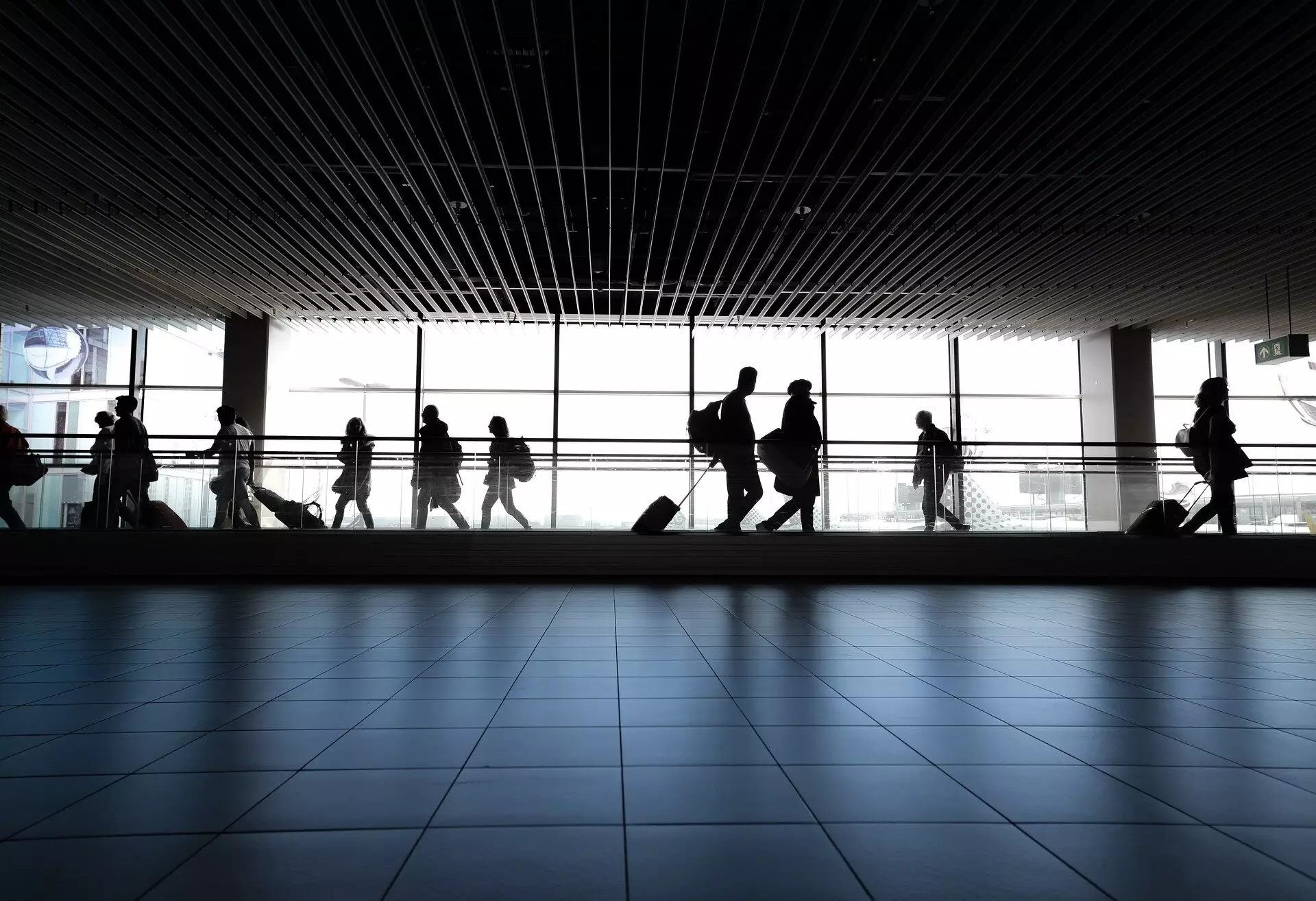Manchester Airport, the third-busiest in Britain, found itself in a state of disarray on Sunday as over 100 flights were cancelled due to a major power cut. This unexpected incident left thousands of passengers stranded and frustrated as they were forced to deal with the aftermath of the disruptions.
At least 20 percent of all outgoing and incoming flights were affected by the cancellations, with easyJet bearing the brunt of the chaos. The airport, which is operated by Manchester Airports Group, struggled to cope with the power cut, leading to issues with airport security and baggage systems. Passengers at two of the three terminals were advised to stay away, compounding the confusion and delays.
While flights eventually resumed in the afternoon, the damage had already been done. Jet2, another airline operating out of the airport, faced the additional challenge of not being able to load bags onto planes due to the inoperable baggage system. Passengers encountered long queues for security checks and were only allowed to board flights with cabin bags, adding to their frustrations.
Industry Challenges
The chaos at Manchester Airport is just the latest in a series of technical and strike disruptions that have plagued the UK travel industry in recent years. From immigration e-gate outages to air traffic control faults, passengers have had to endure numerous challenges while traveling. These disruptions not only inconvenience passengers but also reflect poorly on the efficiency and reliability of the country’s transportation infrastructure.
The power outage at Manchester Airport served as a stark reminder of the vulnerabilities of modern air travel. While the airport eventually managed to resume normal operations, the ordeal left a lasting impact on passengers and highlighted the need for robust contingency plans in the face of unforeseen circumstances. It is hoped that lessons will be learned from this incident to prevent similar disruptions in the future.


Leave a Reply
You must be logged in to post a comment.